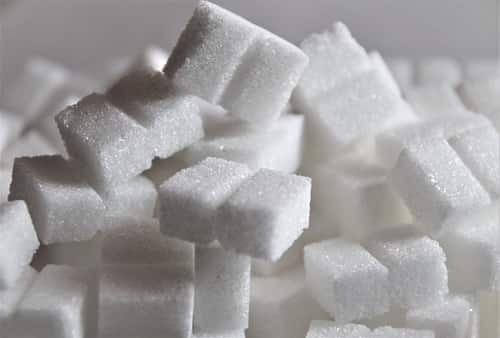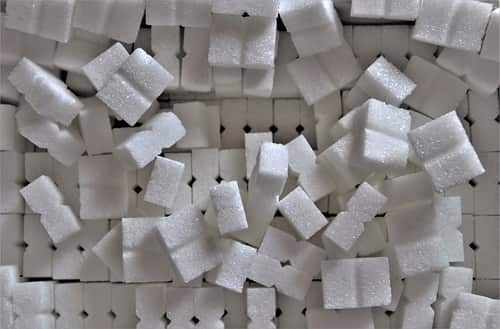When it comes to dietary issues, it is difficult to overlook the negative effects of sugar. It is perfectly fine to have sugar in limited quantities, but regrettably, a lot of individuals exceed the suggested limit. Let us explore the various reasons why excessive sugar intake is harmful to one’s health.
1. Contributing to Obesity
Excessive sugar intake, particularly from sugary beverages, can cause weight increase. These drinks have high levels of sugar that are quickly absorbed into the blood, potentially leading to increased calorie consumption.
2. Link to Heart Disease
A significant connection exists between diets that are high in sugar and heart disease, which is the primary cause of death globally. The consumption of excessive sugar can result in obesity, inflammation, elevated levels of triglycerides, diabetes, and high blood pressure. All of these factors are known risks for developing heart disease.
3. Creating Tooth Decay
The warnings about the negative impact of sugar on oral health from dentists were accurate. Sugar provides nourishment to harmful bacteria in the mouth, which ultimately results in the decay of teeth.
4. Potentiating Diabetes Risk
Overconsumption of sugar, especially in the form of sugary beverages, can lead to obesity, which significantly increases the likelihood of developing diabetes. Research indicates that those who consume sugar-sweetened drinks have a significantly elevated risk, up to 83%, of developing type 2 diabetes.
| Reasons | Effects |
|---|---|
| Obesity | The intake of sugar, particularly in drinks, contributes to an increase in body weight which can result in obesity. |
| Heart Disease | There is a connection between diets that contain high amounts of sugar and certain health issues such as inflammation, elevated levels of triglycerides, diabetes, and high blood pressure. |
| Tooth Decay | Sugar promotes the growth of detrimental bacteria in the mouth which leads to the development of cavities in teeth. |
| Diabetes | Excessive sugar intake, especially through sugary drinks, heightens the likelihood of developing diabetes as a result of obesity. |
5. Non-Alcoholic Fatty Liver Disease can potentially arise as a consequence.
There is compelling evidence indicating that consuming diets high in fructose may result in non-alcoholic fatty liver disease (NAFLD). NAFLD is a significant contributing factor to other hazardous conditions such as type 2 diabetes and heart disease.
6. The likelihood of developing specific forms of cancer is on the rise.
Studies show that there is a direct correlation between sugar consumption and certain forms of cancer. More specifically, excessive consumption of sugar leading to obesity can heighten the likelihood of developing esophageal cancer, pancreatic cancer, and breast cancer.
7. Potential speeding up of skin aging

Certain studies suggest that sugar may contribute to speeding up the aging process. This is because of a phenomenon known as glycation, where sugar present in the blood binds to proteins and generates detrimental molecules that can cause skin aging.
In order to avoid the potential dangers of consuming too much sugar, it is important to have a well-balanced diet. The goal is not to completely remove sugar from our diet, but rather to moderate our intake and make healthier food choices. The negative consequences of consuming excessive sugar have significant impacts on our health, which is why it is even more important to limit our consumption.









